Karachi’s Khairabad Hotel: A legacy of Iranians, still without identity
To passersby, Khairabad may seem like an ordinary aging eatery, but for its owners, it embodies belonging, memory, and the struggle for recognition
Shumaila Khan
Chief Correspondent
Shumaila Khan, a multimedia journalist and Chevening SAJP fellow with 17+ years of experience, is known for her acclaimed work with BBC Urdu, BBC Indian Languages, DW English, Dainik Bhaskar, UNICEF, and Internews.
On Karachi’s historic I.I. Chundrigar Road — once lined with newspaper offices and legendary cafés - stands the Khairabad Hotel. For decades, it has been more than just a place for tea and meals; it has been a gathering spot for generations of Karachiites.
To passersby, it might look like just another aging eatery tucked between banks and office towers. But for its owners, Khairabad’s story is not merely about running a business — it is about belonging, rooted in migration, memory, and the struggle for recognition.
From Yazd to Karachi
The Khairabad Hotel was established by a trader from Yazd, Iran, who arrived in Karachi around the time of Partition. Drawn by the city’s religious atmosphere and its growing commercial opportunities, he joined a wave of Iranians who set up hotels, bakeries, and dairies across the city. Today, only a handful remain, making Khairabad one of the few surviving relics of that era.
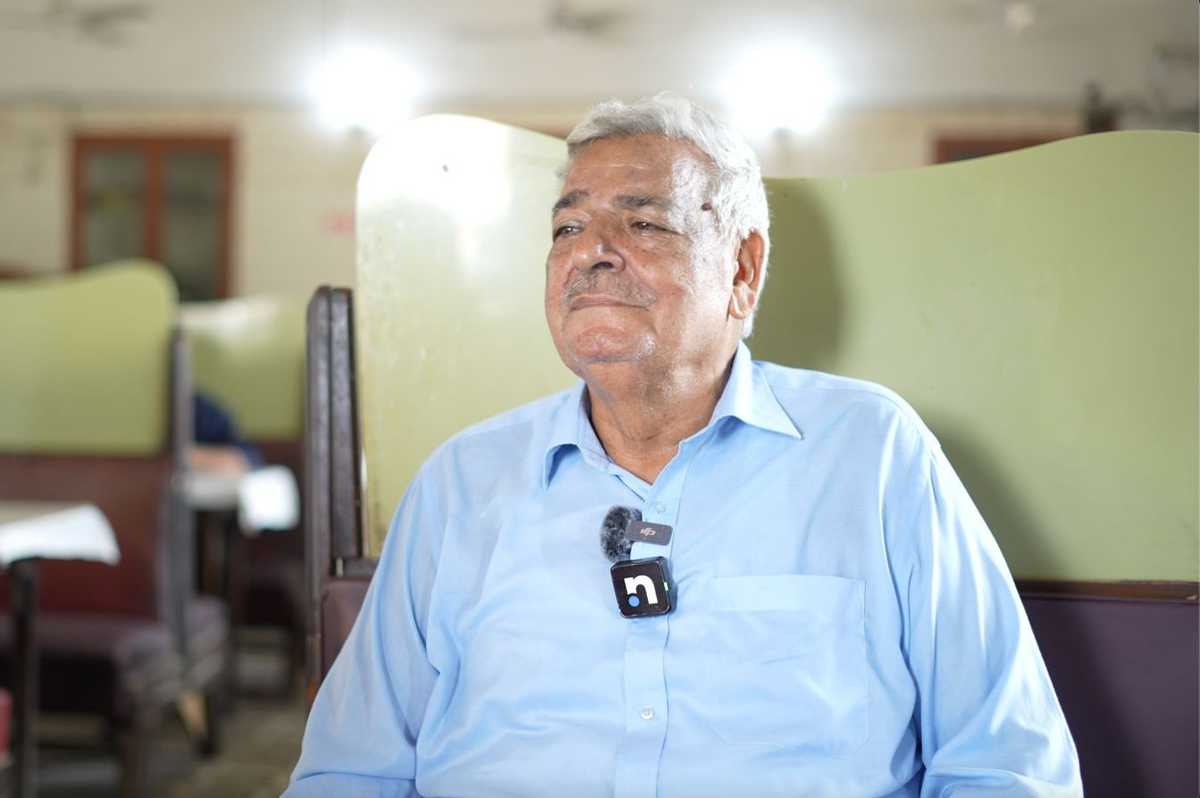
The current custodian, Haji Abbas Ali, inherited the business from his father and grandfather. Speaking with emotion, he said, “I studied here, I got married here, and I even performed Hajj from Pakistan. Everything I have today is because of this country, yet I am still treated as a foreigner.”
The café of reporters and radicals
Khairabad Hotel was once at the heart of Karachi’s intellectual and political conversations. Reporters from nearby newspaper offices crowded its tables, students from university hostels made it their hangout, and by evening, the gatherings often spilled onto the streets.
Older residents recall an era when Iranian cafés across the city served as vibrant spaces for dialogue and culture. Today, most have vanished. Where there were once hundreds of Iranian-run hotels, bakeries, and dairies across Pakistan, only a handful survive - casualties of time, shifting tastes, and, above all, the absence of legal recognition.
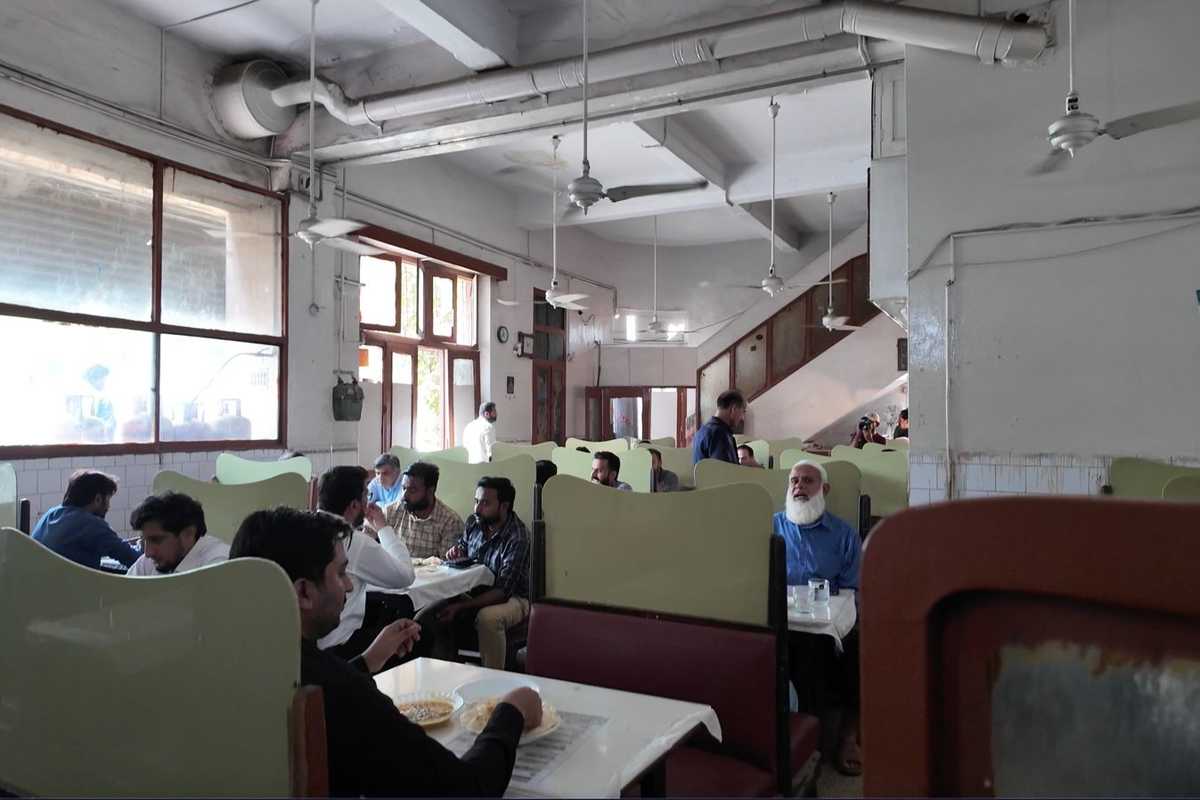
Haji Abbas Ali remembers those bustling days vividly. “Reporters from the nearby newspapers, students from the university hostels — everyone used to gather here. In the evenings, you couldn’t even find a place to sit,” he said, his voice tinged with nostalgia.
The next generation’s dilemma
But while the café has survived Karachi’s transformation into a metropolis of banks and high-rises, Abbas and his family remain on the margins of recognition. For decades, they have lived in Pakistan, yet they still do not hold national identity cards.
“Every year, I go to the embassy to extend my visa,” Abbas says. “After a lifetime here, imagine still having to prove you belong.”
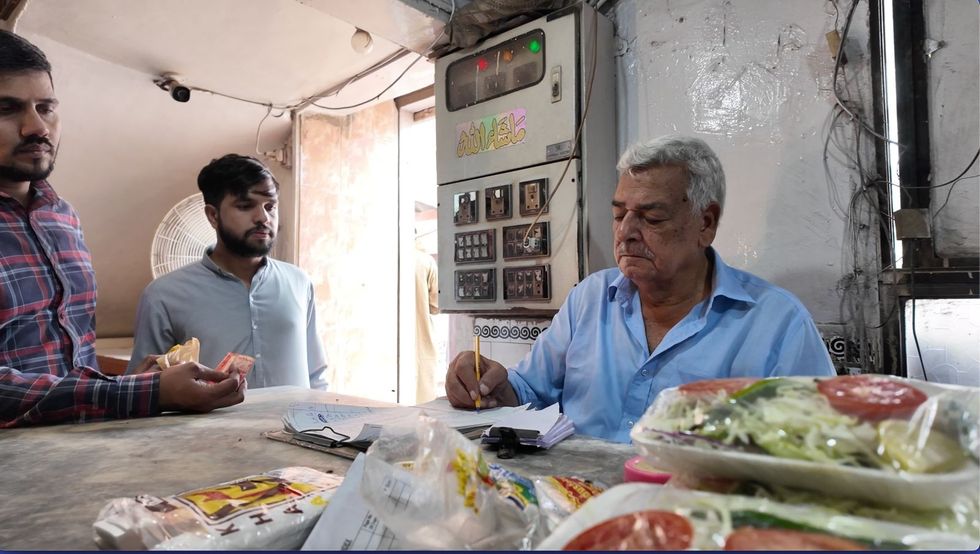
Despite being deeply woven into the city’s fabric, the family continues to live on temporary visas, forced to renew their legal stay year after year. His four sons are all educated — one is a surgeon at a leading hospital in Karachi — but none of them have Pakistani identity cards. Without a CNIC, they cannot open bank accounts, legally buy property, or fully access state services.
“My son tells me: ‘I was born here, I studied here, I want to serve this country. But how can I, when I don’t even exist on paper?’” Abbas recalls, his voice heavy with frustration.
The Ali family’s decades in Karachi now span four generations. Their story is not just about one café, but about a community of Iranians who migrated to Pakistan in the 1940s, 1950s, and 1960s, yet continue to live in the shadows without the recognition of citizenship.
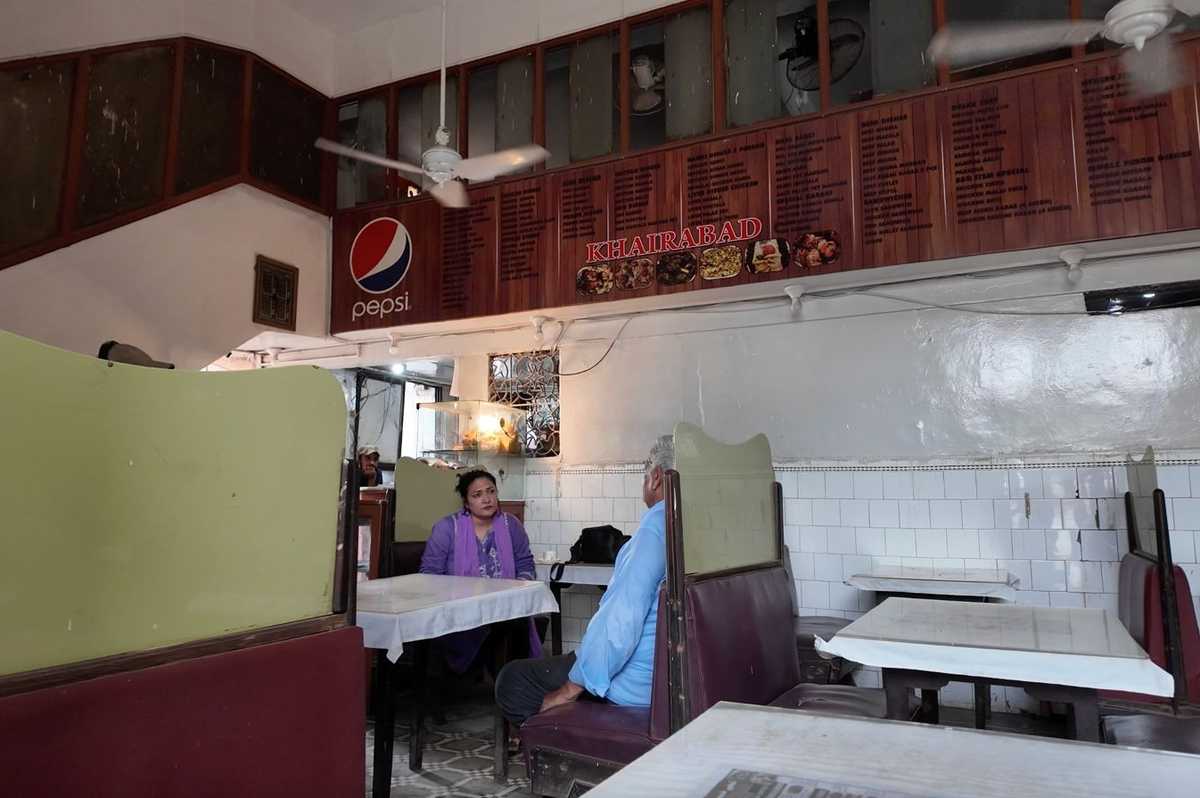
The family’s struggle reflects a broader decline in Karachi’s Iranian community. Many say the lack of legal status has prevented them from securing or expanding businesses, passing down property, or accessing state services.
NADRA’s position
When contacted, the National Database and Registration Authority (NADRA) explained that its role is limited to processing valid citizenship documents, while questions regarding the eligibility of Iranian-origin families fall under the jurisdiction of the Interior Ministry.
The authority further confirmed that CNICs are only issued once citizenship is formally granted through naturalization or citizenship certificates.
“NADRA may have issued CNICs to persons of Iranian origin, but only where they were legally confirmed as citizens of Pakistan through a citizenship certificate or naturalization granted by the Ministry of Interior,” spokesperson Shabahat Ali explained.
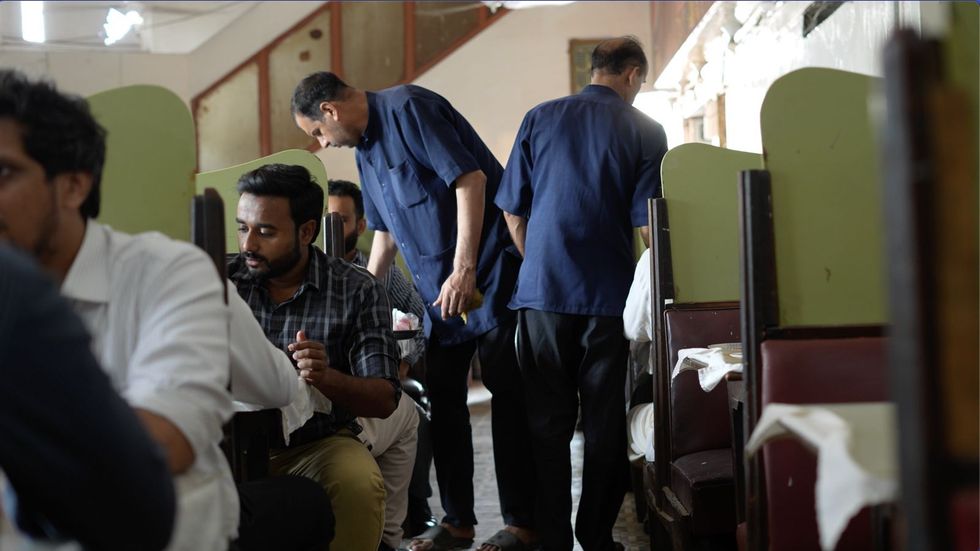
“NADRA does not independently verify historical migration claims. That responsibility lies with the Interior Ministry.”
In other words, without formal recognition from the Interior Ministry, families like the Alis remain in limbo — not recognized as Pakistanis, nor fully belonging to Iran anymore.
However, when asked specifically about Abbas Ali’s case — including what options exist for someone born and raised in Pakistan, under what circumstances such an individual may be denied citizenship, and whether NADRA had any record pertaining to his family — no further response was provided.
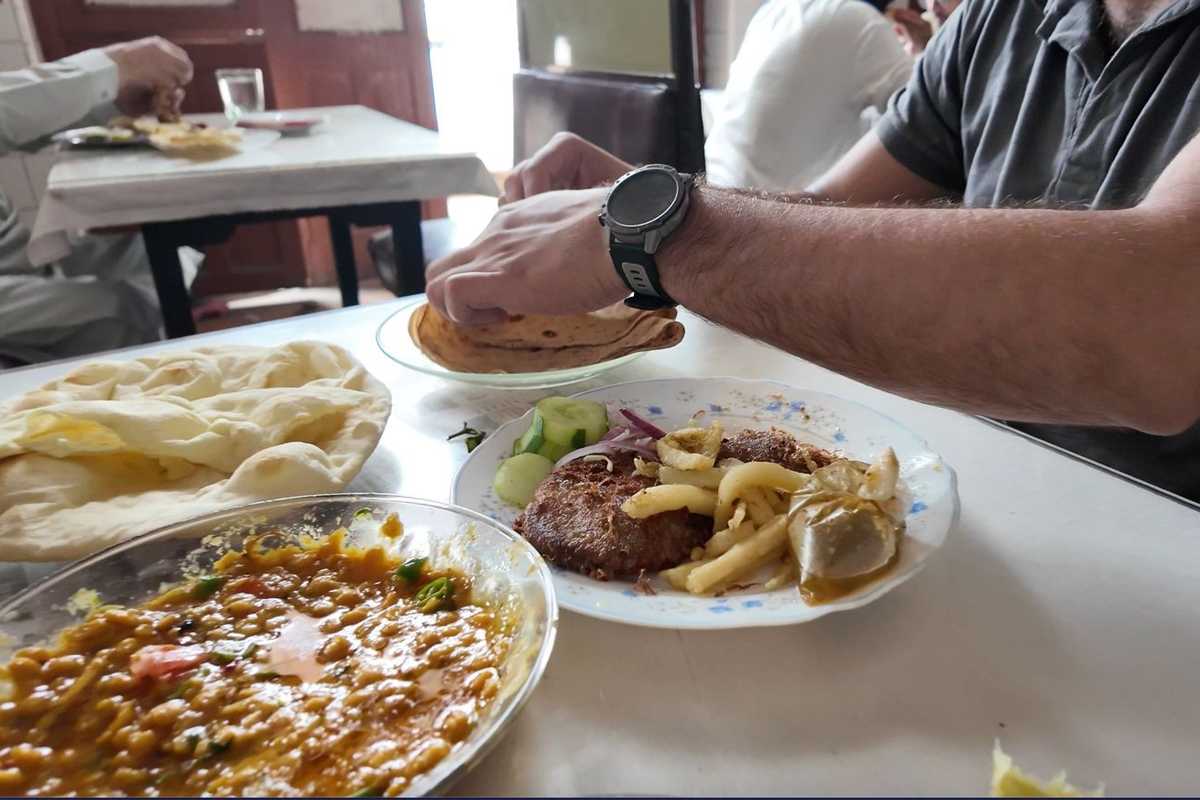
A legacy under threat
Despite the uncertainty, Abbas Ali remains determined to keep Khairabad Hotel alive, serving tea and meals to those who still step through its doors. He has witnessed I.I. Chundrigar Road’s transformation firsthand - from a deserted strip where, as he recalls, “only one car passed in two days,” to the bustling heart of Pakistan’s financial district.
“We have protected this place for three generations,” he says with quiet pride.
For the family, the café is more than a business. It is a legacy they have preserved through Karachi’s evolution from a sleepy port town into a metropolis of high-rises and relentless traffic.
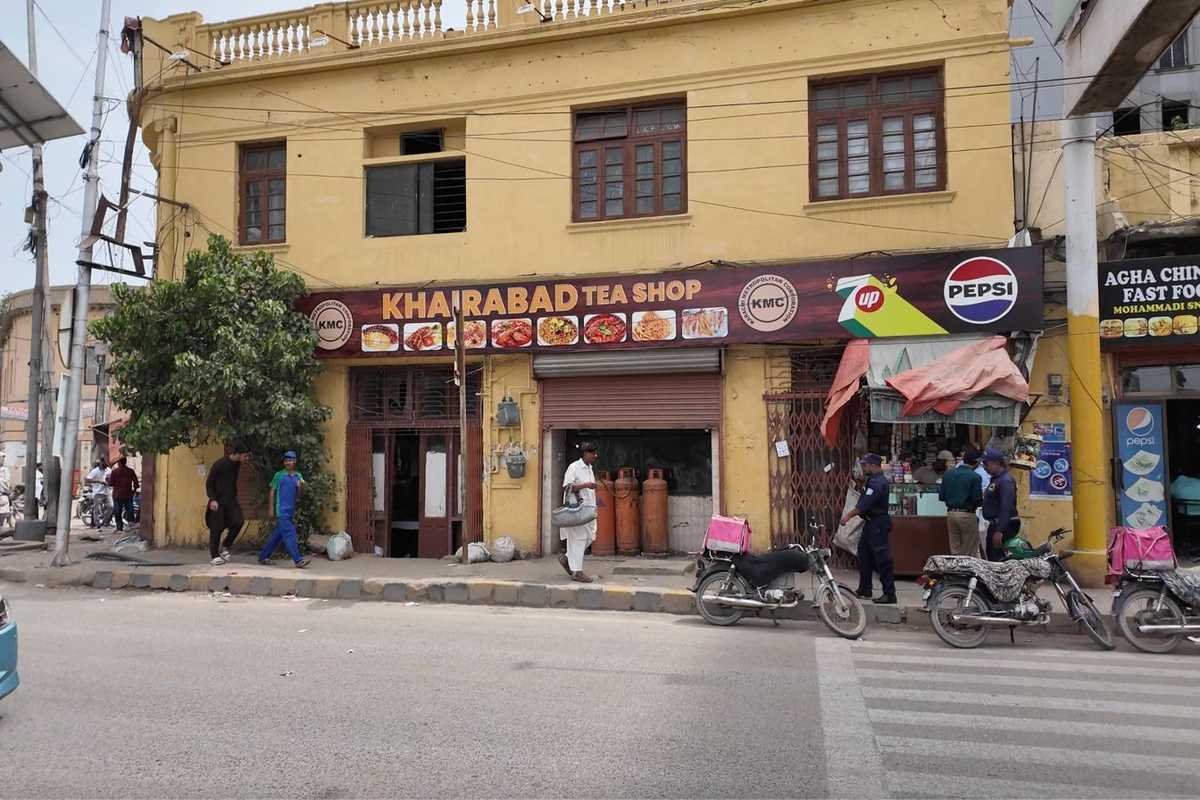
Yet for Abbas Ali, the question of identity overshadows even the future of his café. “We guarded this place for generations. We contributed to this city. We love this country. But without recognition, we are left incomplete,” he says.
For families like the Alis, the absence of citizenship means living in the only country they know as home, yet without the rights that citizens take for granted. Khairabad Hotel may have survived Karachi’s transformation, but its owners remain trapped in a cycle of belonging without recognition.
The shadow of statelessness is never far. “This country has given us everything. We love it. But without an identity card, we are incomplete,” Abbas says. His voice drops before he adds, “My only fear is that one day, they won’t even let us bury our dead.”


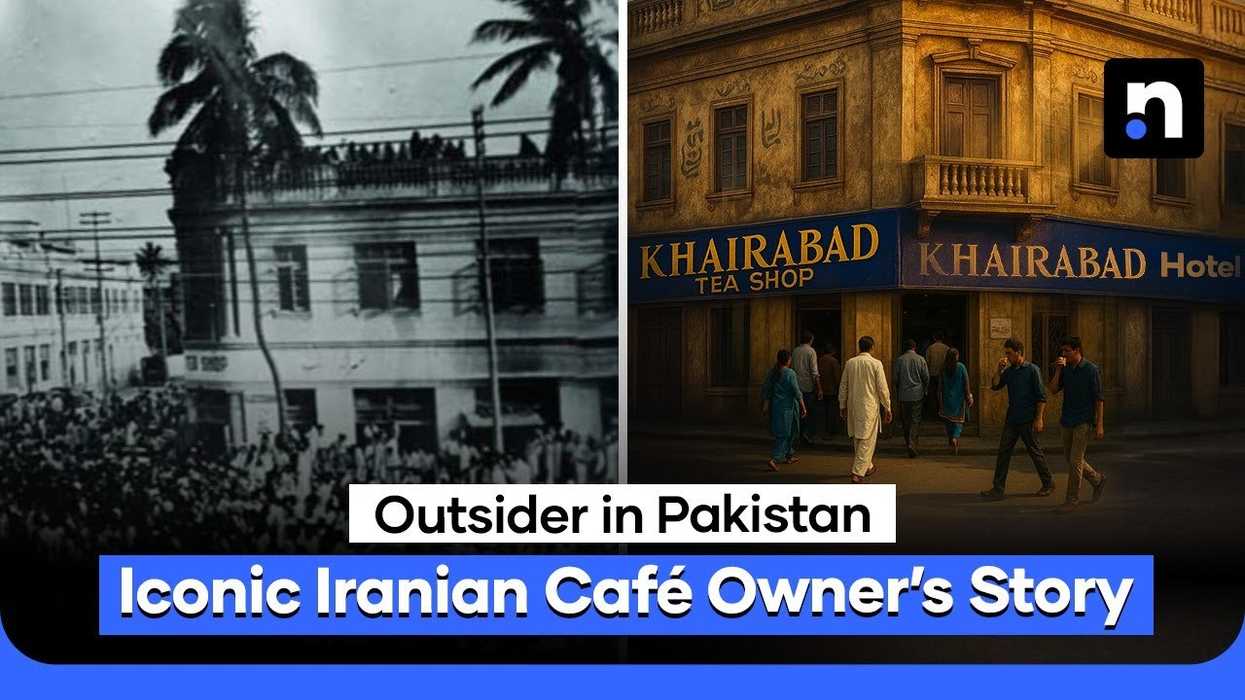





Comments
See what people are discussing